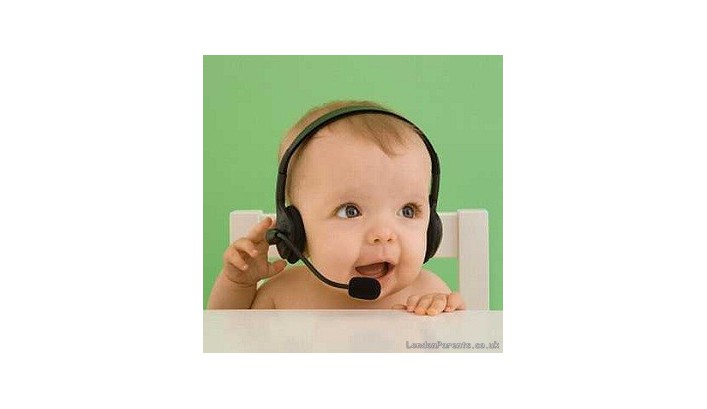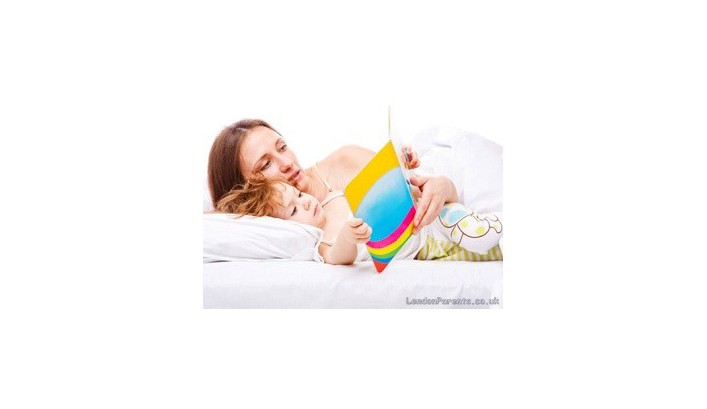Welcome to parenthood — it's quite a ride! Have questions about baby sleep habits, baby care and feeding, health, development, and safety? We can help you solve breastfeeding and baby sleep problems, start solid foods, handle crying, know what your baby's ready for, identify baby illnesses, track your baby's weekly development, find great childcare and baby activities, and more.
| Your Baby's Development, Week by Week | |||||||||||||||||||||||||||||||||||||||||||||||||||||||||||||||||||||||||||||||||||||||||||||||||||||||||||||||||||||||||||||||||||
| |||||||||||||||||||||||||||||||||||||||||||||||||||||||||||||||||||||||||||||||||||||||||||||||||||||||||||||||||||||||||||||||||||
FIRST LOOK OF UK’S NEW GLOBAL PRESCHOOL FOR ‘WORLD CLASS’ CHILDREN CAPTURED BY ROYAL FILMMAKER
Odyssey, the UK’s first global preschool for 0- to 5-year-olds, has revealed a first look inside its new £2m campus in London, a Grade II listed building in Marylebone. The first of its kind campus promises a ‘limitless learning’ approach to preschool for parents who want their children to be curious, confident and empowered citizens of the world.
Understanding When Babies Start Walking: A Comprehensive Guide
Babies typically start walking between 9 to 18 months, influenced by genetics, muscle strength, and practice opportunities. Encouraging safe exploration, providing supportive footwear, and ensuring proper nutrition can aid this developmental milestone. Global practices such as outdoor play and minimal use of walkers can enhance natural development.
Understand how your baby learns to talk
Choosing the right book for your little one's bedtime routine can be tricky. It needs to help wind down the day instead of making your child exuberant, but still be your child's favorite. Plus you don't want to be stuck with a book you'll be tired of after a few readings.
Bonding with your baby may happen immediately, or it may take a while. Either way is just fine, as Bounty mums explain.
It can be difficult to know what to expect when you have a newborn baby, and sleep patterns are something that most parents take a great interest in. This page describes the basics of sleep - what to expect and what you can do to help develop good habits with your baby's sleeping.
In the early weeks, sleep is closely involved with feeding which is often every 2-3 hours. Babies of this age often sleep for 15-18 hours in 24 hours.







